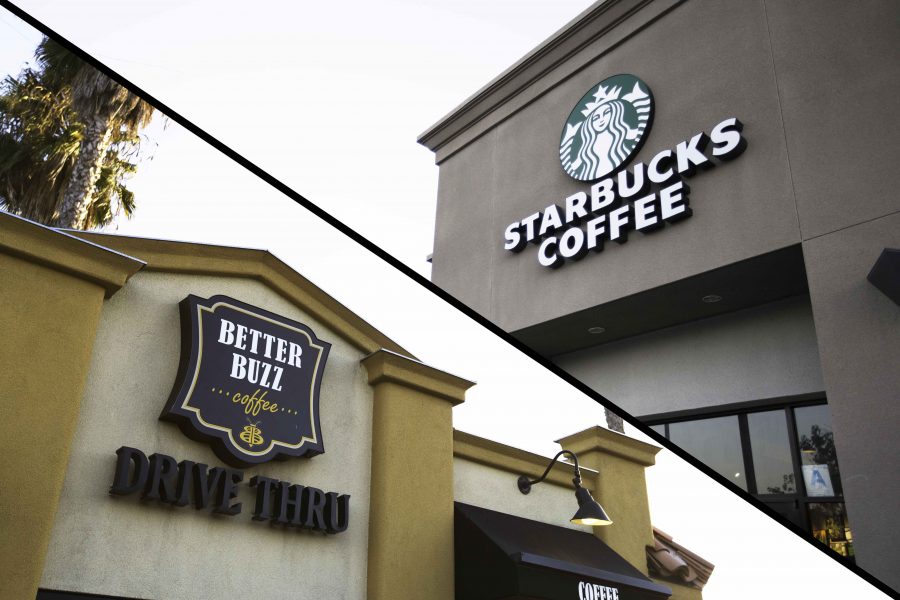Coffee on trial
September 28, 2016
I work at a hospital ‒ it sucks. My manager, a 19-year-old and 4 years my junior, ignored that I had class at 6am and scheduled me the graveyard shift thrice a week (9pm-5:30am).
After dozing at the EMR and getting scolded, I began chugging coffee in an unhealthy manner to establish my repertoire of “not being a slacker” and “stepping up your game, because you’re letting everybody down”.
This leads me to my case ‒ coffee; and its main psychoactive compound—caffeine.
What is it? Why does it keep me up all night?
Simply put, caffeine is a “psychoactive stimulant” which means it binds to adenosine receptors in the brain (the receptors that tell you you’re tired). There, it releases a cascade of hormones, like adrenaline, to keep your body on high alert ‒ the same way it would if there were a lion chasing you.
Caffeine can be abused and boy, did I abuse it while working at the hospital (and when I’m not working either ‒ shooting up at my local Starbucks).
It’s not surprising that the Mayo Clinic recommends keeping intake levels below 400 milligrams.
At 600mg, individuals may experience: insomnia, anxiety, restlessness, irritability, tachycardia, tremors and gastrointestinal issues.
Many unfortunate ones who partake too much in Uncle Sam’s nectar ‒ 5,000mg or the equivalent of 6 gallons of McDonald’s coffee ‒ die (Popular Science).
“But who on earth would drink that much caffeine?!”
Well, the answer is: no one, but everyone.
Energy drinks, vitamins, herbal supplements and soda contain added caffeine. This caffeine isn’t found naturally like in Coffea arabica or chocolate but synthetically derived in a lab and dispensed into our beverages and products.
Many physicians and dieticians suggest everyone cut back their consumption. It has potential to do serious good, but serious damage also.


